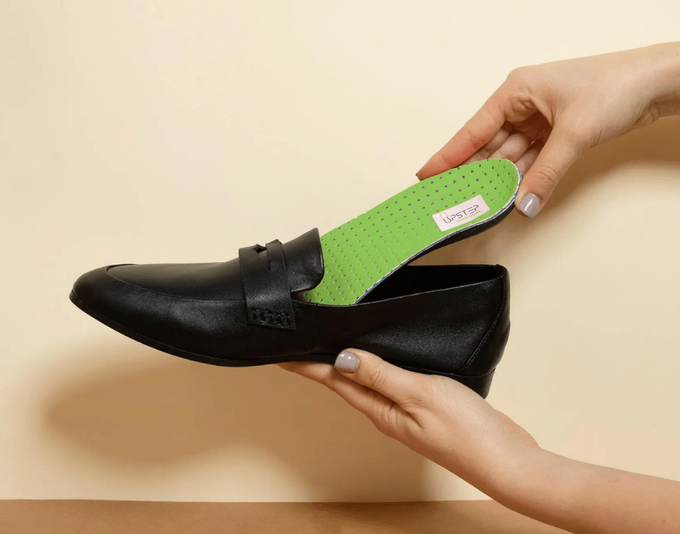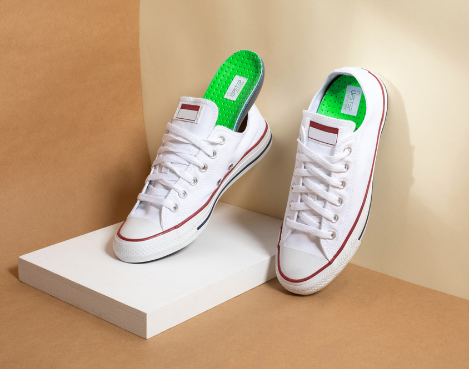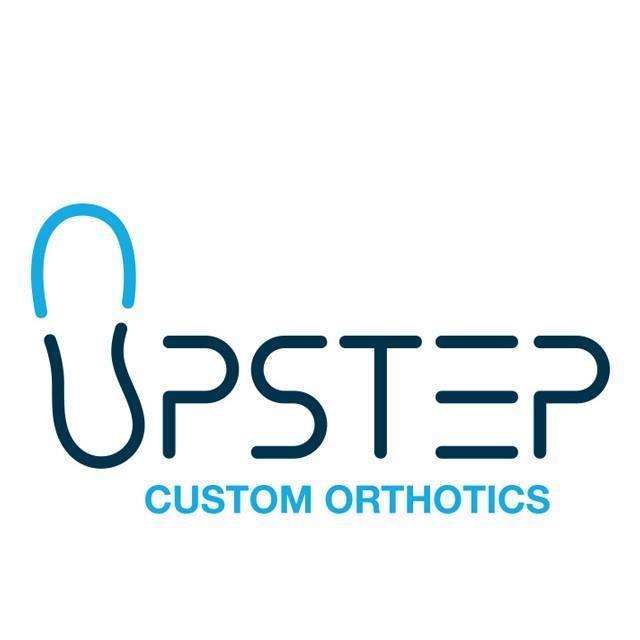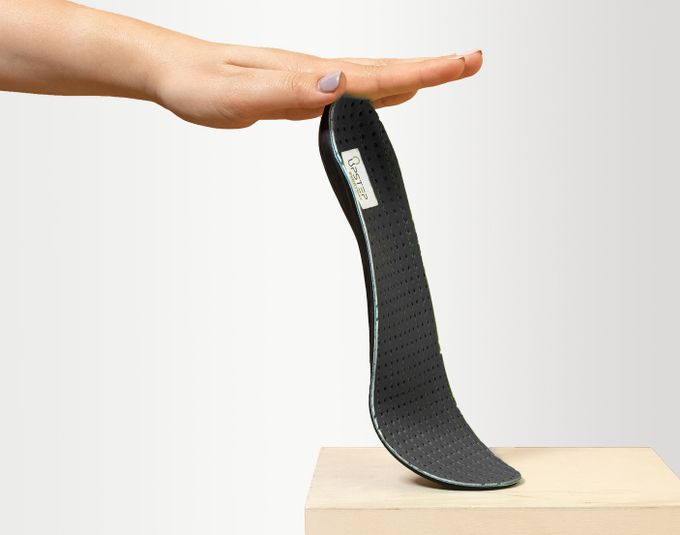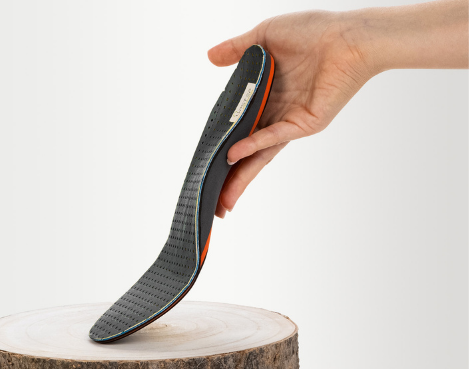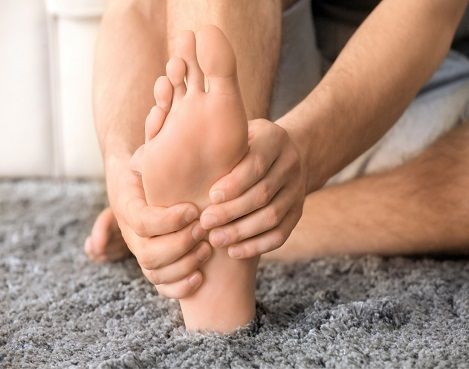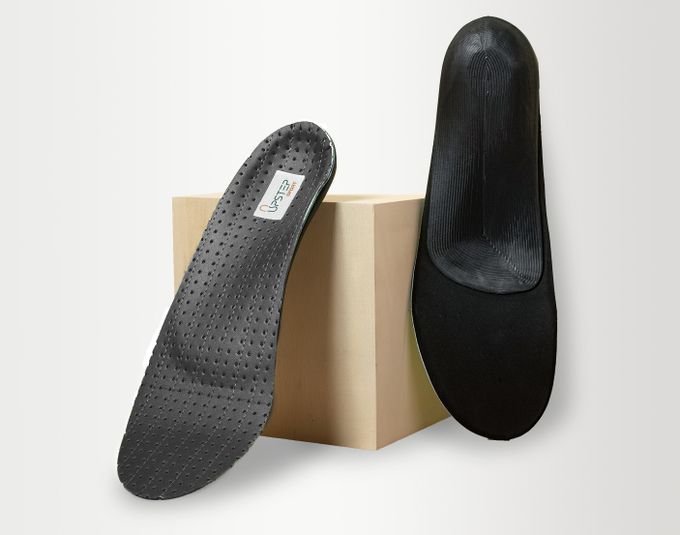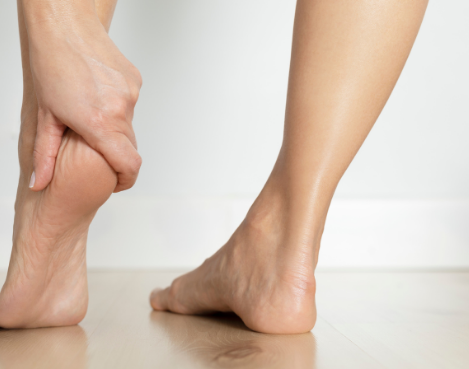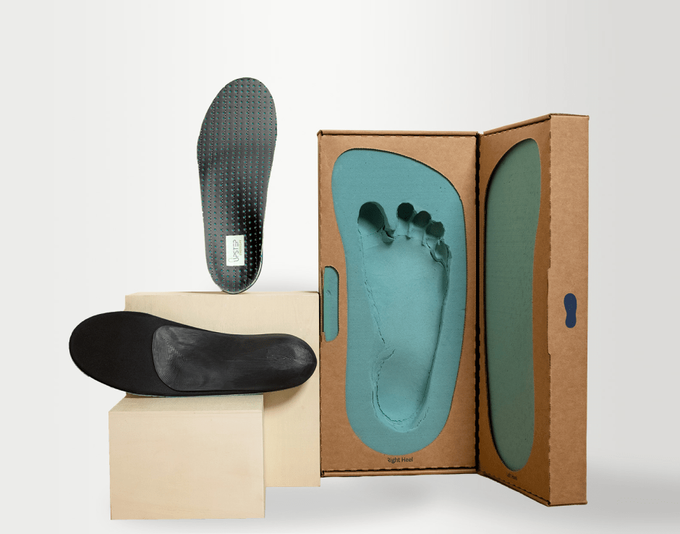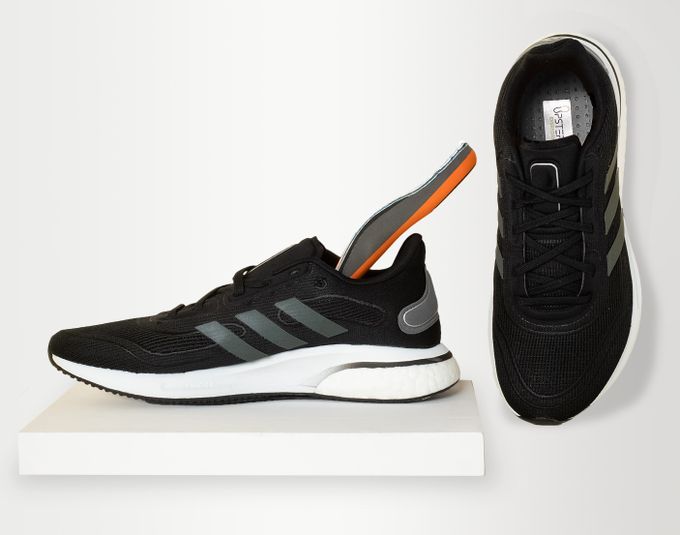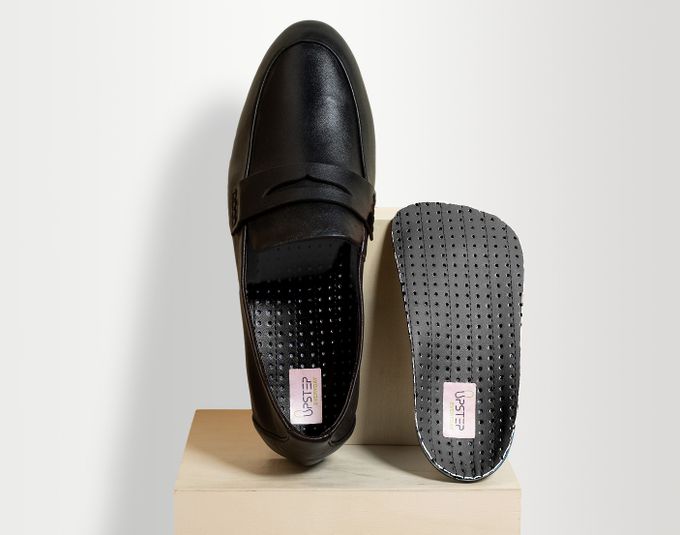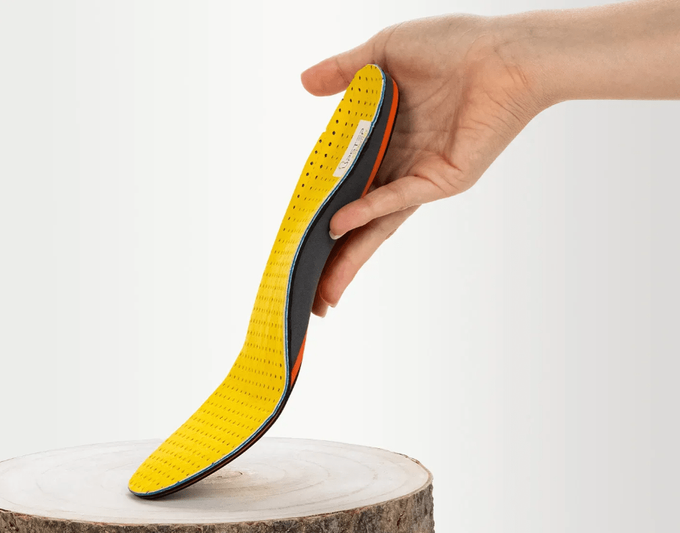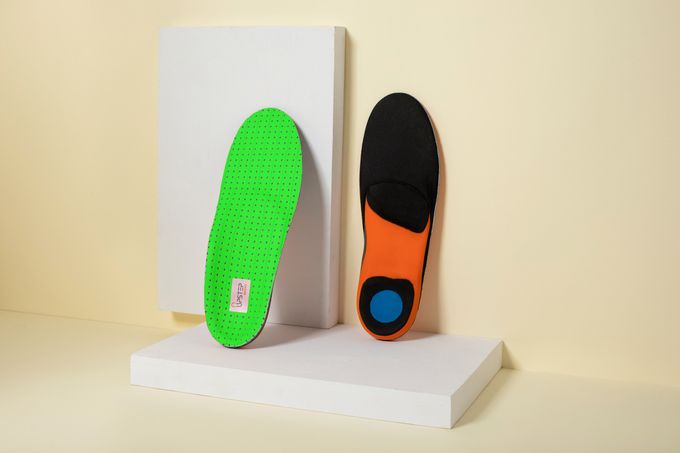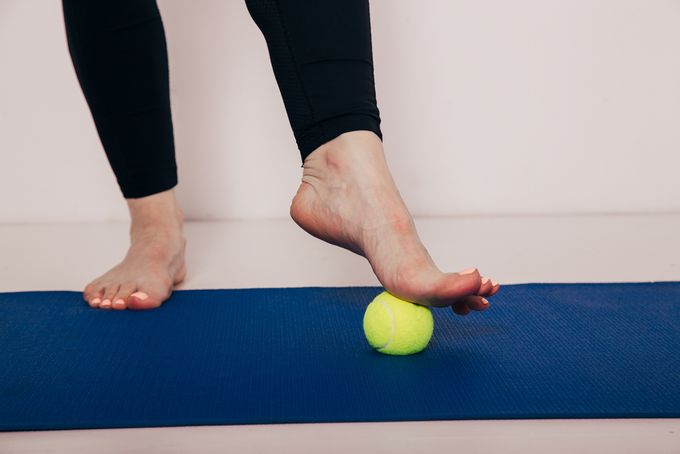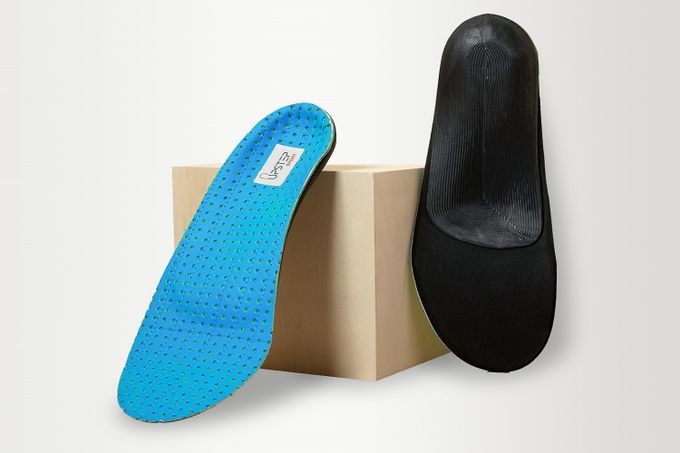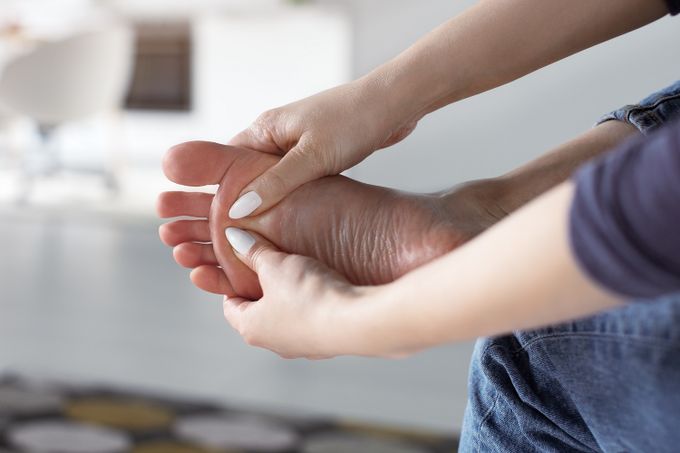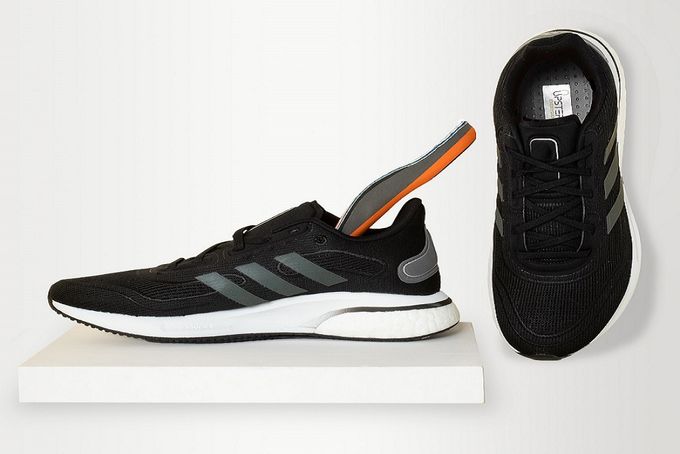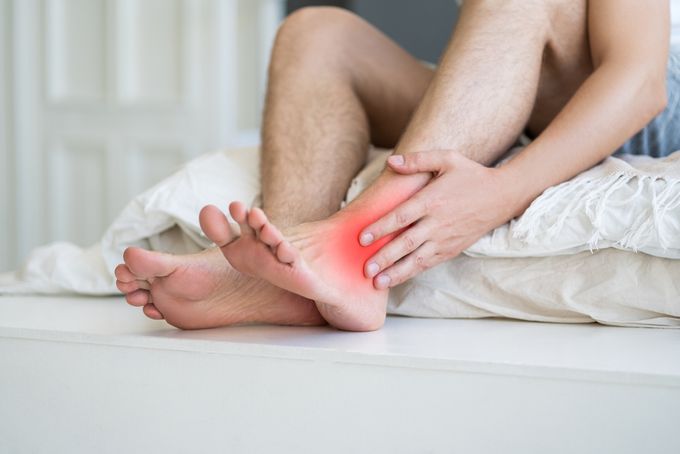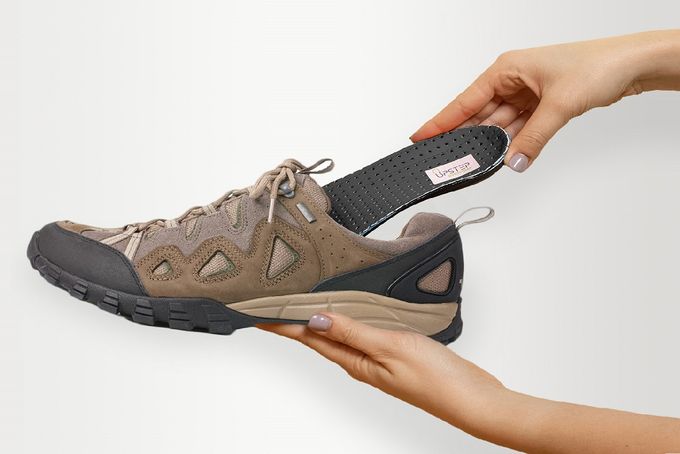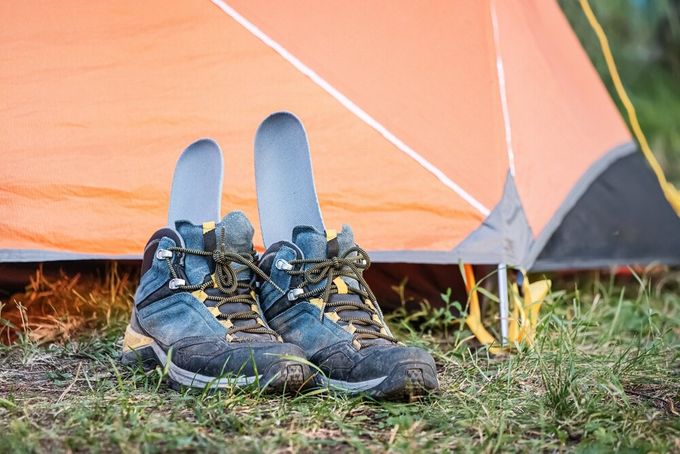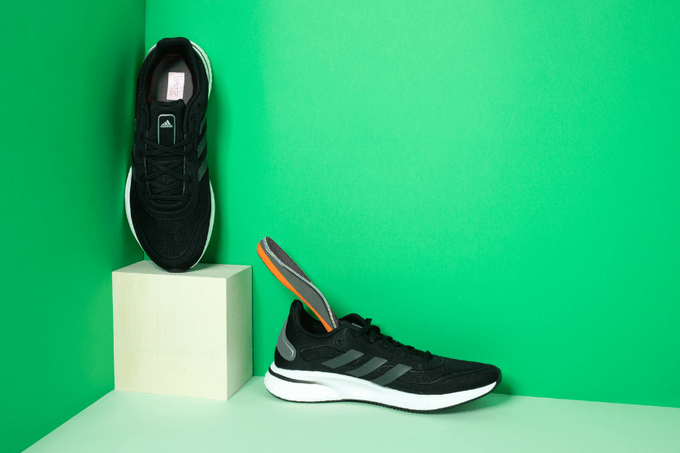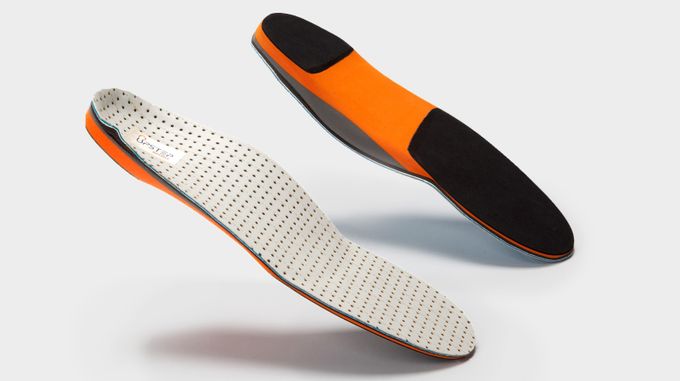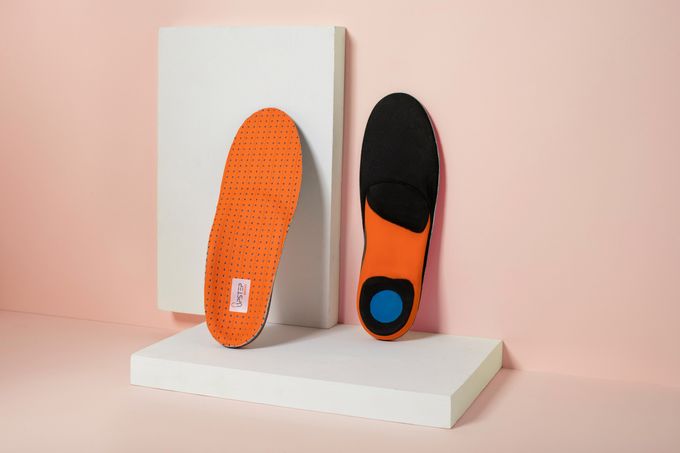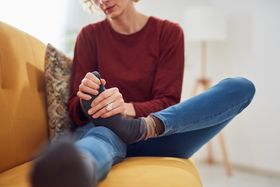Best 'At Home' Custom Orthotics
Updated December 18, 2024.
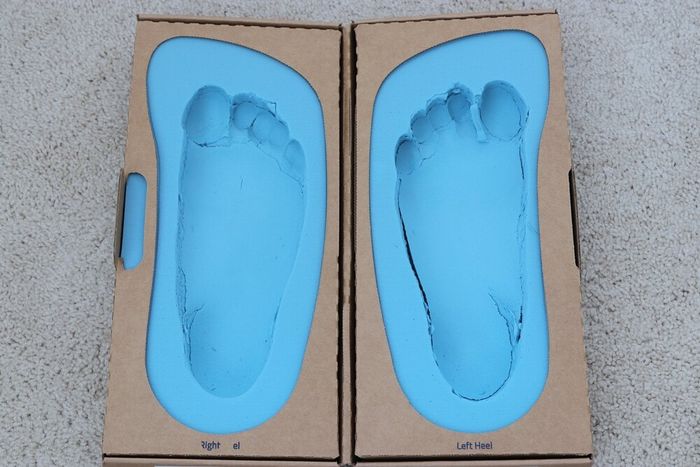
While orthotics are used by many people globally to address and manage symptoms from a variety of foot conditions, there is a common conception that custom orthotics are expensive and that the time and effort spent to get assessed and fitted is overwhelming.
This can lead many consumers to look for a "self-help" alternative like making their own custom orthotics at home.
Can You Make Custom Orthotics at Home?
Yes, there are multiple ways to make your own custom orthotics at home and with materials that can be easily purchased.
However, these orthotics are uncertified, meaning they weren't assessed and approved by a podiatrist. Home-made custom orthotics will not necessarily be the correct shape or fit and may not provide the required support your feet need.
Instead, they can potentially exacerbate your symptoms further and contribute to the pain or discomfort you may be experiencing in your feet.
How to Make Custom Orthotics at Home
There are different ways you can attempt to make your own orthotics at home, each with potential limitations:
1. Over-the-Counter (OTC) Molds
OTC orthotics are not specifically made to the shape of your feet as opposed to custom orthotics that are tailored to your needs. OTC orthotics usually require trimming to fit your shoe and foot correctly to avoid causing any discomfort. This means OTC orthotics are not always a perfect fit and may not entirely provide your feet with adequate support.
2. Foot Shape Cut From Material
You can make custom orthotics at home from materials such as cardboard, yoga mats, or self-adhesive corks. Start by sitting with your knees and ankles at 90 degrees with your feet on a piece of cardboard.
Trace the outline of your foot, ensuring to mark the ball of your foot and your heel because these are high-pressure areas when you place weight on your foot. Remove your foot and finish off with a rough outline of where your foot arch is.
This template can now be used to create your orthotics from your chosen material. However, be aware that this tracing-and-cutting method leaves room for error and may not provide the support you need.
3. Caulk, Silicone, or Gel
You can make a mold of your feet by using caulk, silicone, or gel and once it's dry, you can trim it to fit in your shoes. While a mold should provide you with comfortable orthotics, a margin of error still exists because you may be inexperienced with working with these materials. Incorrect molds can cause your symptoms to worsen.
4. 3D Printer
While a 3D printer can be a good method to create your own orthotics, it does have limitations, including access to a 3D printer, the necessary knowledge to create a model of your feet, and the expertise to create a suitable and effective design to feed into the printer.
Home-made custom orthotics can aggravate rather than correct your foot condition, potentially leading to increased levels of pain and discomfort. Prescribed orthotics, designed and manufactured by experts in the field, will address your needs more effectively.
Upstep's Simplified Process
Acquiring the correct orthotics for your foot condition is simple when using Upstep’s website:
- Take a short quiz regarding your foot condition and what purpose you want the orthotics to fulfill.
- Receive an impression kit from Upstep within 4 business days of starting the process. Make impressions of your feet in the comfort of your home and send it back to Upstep (free of charge). The impressions are assessed to design custom insoles specifically for your needs.
- Receive your custom insoles within 18 business days of Upstep receiving the impression kit.
Thereafter, Upstep has a 120-day money-back guarantee and will make further adjustments to the orthotics to suit your needs.
Type of Custom Orthotics to Make at Home
Orthotics for Normal Everyday Activity
Orthotics for Normal Everyday Activities are an ideal solution for persons who are on their feet for more than 4 hours a day. These custom orthotics are made from durable materials to give your feet the support they need throughout the day. Daily use can relieve foot pain or discomfort.
Orthotics for Flat Feet
Orthotics for Flat Feet work to support and maintain the arch of your foot, thereby preventing it from collapsing as you place weight on your feet. This limits the potential for pain or discomfort, especially if you've been on your feet for a period of time.
These custom orthotics aim to be a long-term solution to managing flat feet for your everyday and sporting activities.
Orthotics for Plantar Fasciitis
Orthotics for Plantar Fasciitis are specifically designed to reduce the damaging forces that are commonly associated with causing symptoms of plantar fasciitis. These orthotics aim to provide you with the support you need while fitting easily into your lifestyle.
Orthotics for Heel Pain
Orthotics for Heel Pain are designed with specific cushioning around the heel to lessen the impact with the ground during walking or running activities, commonly linked to causing heel pain. The orthotics aim to restore the normal mechanics of your foot with every step, reducing pressure and pain.
Orthotics for Supination
Orthotics for Supination are designed to limit the outward roll of your foot when you place weight onto it. Instead, your weight is redistributed throughout the entirety of your foot, drastically limiting the risk of injury to the outer side of your foot and ankle complex.
Orthotics for Foot Pain
On My Feet All Day Custom Orthotics are designed with supportive and shock-absorbent materials that redistribute your weight through your whole foot surface, limiting areas of high pressure that are linked to pain or discomfort after a period of time.
Orthotics for High Arches
These orthotics have extensive arch support to account for the high arches that you may have. The support will redistribute any weight placed on your foot, limiting the strain placed onto the arches, relieving areas of high pressure, and preventing the risk of injury to your feet.
Orthotics for Pronation
Orthotics for Pronation aim to address the inward roll of the foot by supporting your feet and preventing the damaging forces that are at the center of the problem. The orthotics will provide stability to your feet and limit the risk of injury.
Orthotics for Metatarsalgia
Orthotics for Metatarsalgia are specifically designed to reduce the pressure placed on your forefoot, which is often seen as the leading cause of this condition. These orthotics boast supportive cushioning under your forefoot and will help you to effectively manage pain.
Orthotics for Achilles Tendon
Achilles Tendon Custom Orthotics are an effective way to limit the severity and cause of Achilles Tendonitis. These orthotics are designed to reduce the strain placed on your Achilles tendon as you move, thereby aiming to prevent the development and worsening of any pain.
Orthotics for Fitness & Walking
Orthotics for Fitness and Walking are designed to improve the natural heel-to-toe action of your foot as you walk, reducing the fatigue that your feet experience through a well-designed, cushioned, supportive orthotic. These orthotics are durable and designed for frequent use in an effort to limit pain in your feet.
Orthotics for Running
Orthotics for Running are designed by podiatrists to give your feet the support and cushioning they require to hit the pavement without developing any discomfort. The orthotics are made from materials that are shock absorbent, thereby drastically reducing foot pain and limiting the risk of injury caused by running.
Orthotics for Tennis
Orthotics for Tennis are designed to improve the dynamic range of your foot on both grass and hard courts, thereby improving your overall performance. The orthotics stabilize your feet while changing directions quickly and protect them from any applied tension.
Orthotics for Basketball
Basketball orthotics are made from shock-absorbing materials to protect your feet and ankles during physical basketball activities and maximize energy return. The orthotics are lightweight and will easily fit within a range of sneakers.
While you can make your own orthotics at home, the process is difficult and may worsen your condition over time. It's recommended that you invest in professionally manufactured custom orthotics as these are guaranteed to provide the required support, are tailor-made to the shape of your feet, and cater to particular conditions.
» Want to learn more? Visit Upstep's website




